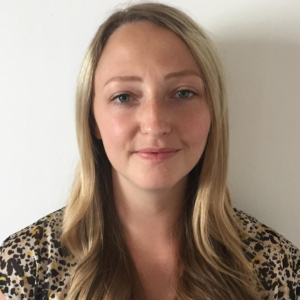Jo-Anne Puddephatt is an SSA funded PhD student in the Addictions group at the University of Liverpool.

What is your PhD about?
It is about the relationship between alcohol and mental health. I am looking at the prevalence of depression, anxiety, bi-polar disorder and so on, and whether people with a mental health problem misuse alcohol or not.
I’m initially using national surveys, and then testing whether patterns are similar at a regional level in Merseyside. We have quite high rates of alcohol misuse in Merseyside, but we also have quite high rates of deprivation and we know that socioeconomic status is linked with harms from alcohol and mental health.
I would also like to use qualitative methods to explore what I found with the quantitative data. Maybe tapping into why these patterns occur and how we can tailor interventions more appropriately.
What first interested you about links between alcohol and mental health?
I did my master’s degree in health psychology, so I’ve always been interested in health and well-being, but when I worked in an NHS psychiatric intensive care unit a few years ago, that really put everything into perspective. I found a lot of people seeking help for their mental health also had issues with substances.
I really enjoyed research and so I really liked the idea of trying to combine those interests. I think it’s important to study something that you’re interested in because a PhD is a long time on one thing.
What stage of your PhD are you on now?
I’m half-way through my second year, so I’m quite into it now. I’ve just finished my first study and am finalising my systematic review and meta-analysis which will bring together the prevalence rates of alcohol and mental health issues. I’m starting to clean the data for my regional data set as well as getting the ethics together for my qualitative study.
What advice would you give to someone who is early on in their PhD?
The first few months are about deciding what aspects to focus on for your PhD, so doing a lot of reading around your topic area helps narrow this down. It is important to do all that reading because as you get further in, you get less time. I found that reading around the topic area was really helpful.
Also, start to look at training courses. I had not used some statistical packages or used big datasets before and would recommend enrolling on any training that might be available.
Finally, have a good network around you. If you have some office friends who are a little further down the line than you are, they can help you get some perspective when you don’t really know what do to next.
Follow Jo-Anne on twitter @JoPuddephatt
The opinions expressed in this post reflect the views of the author(s) and do not necessarily represent the opinions or official positions of the SSA.
The SSA does not endorse nor guarantee the accuracy of the information in external sources or links and accepts no responsibility or liability for any consequences arising from the use of such information.

